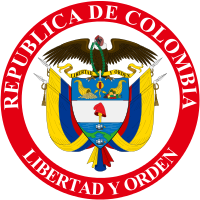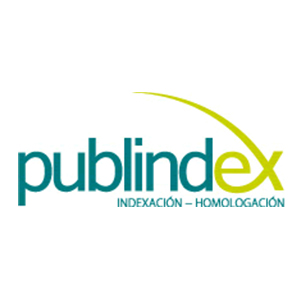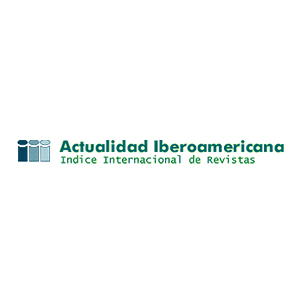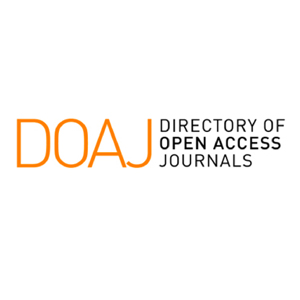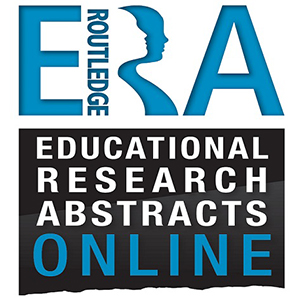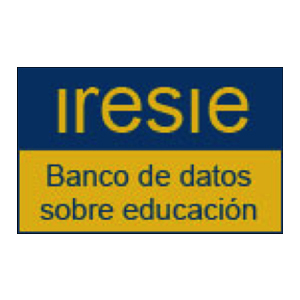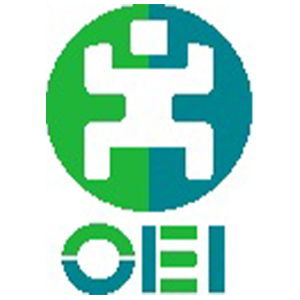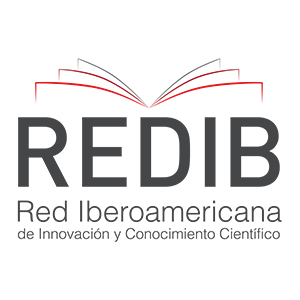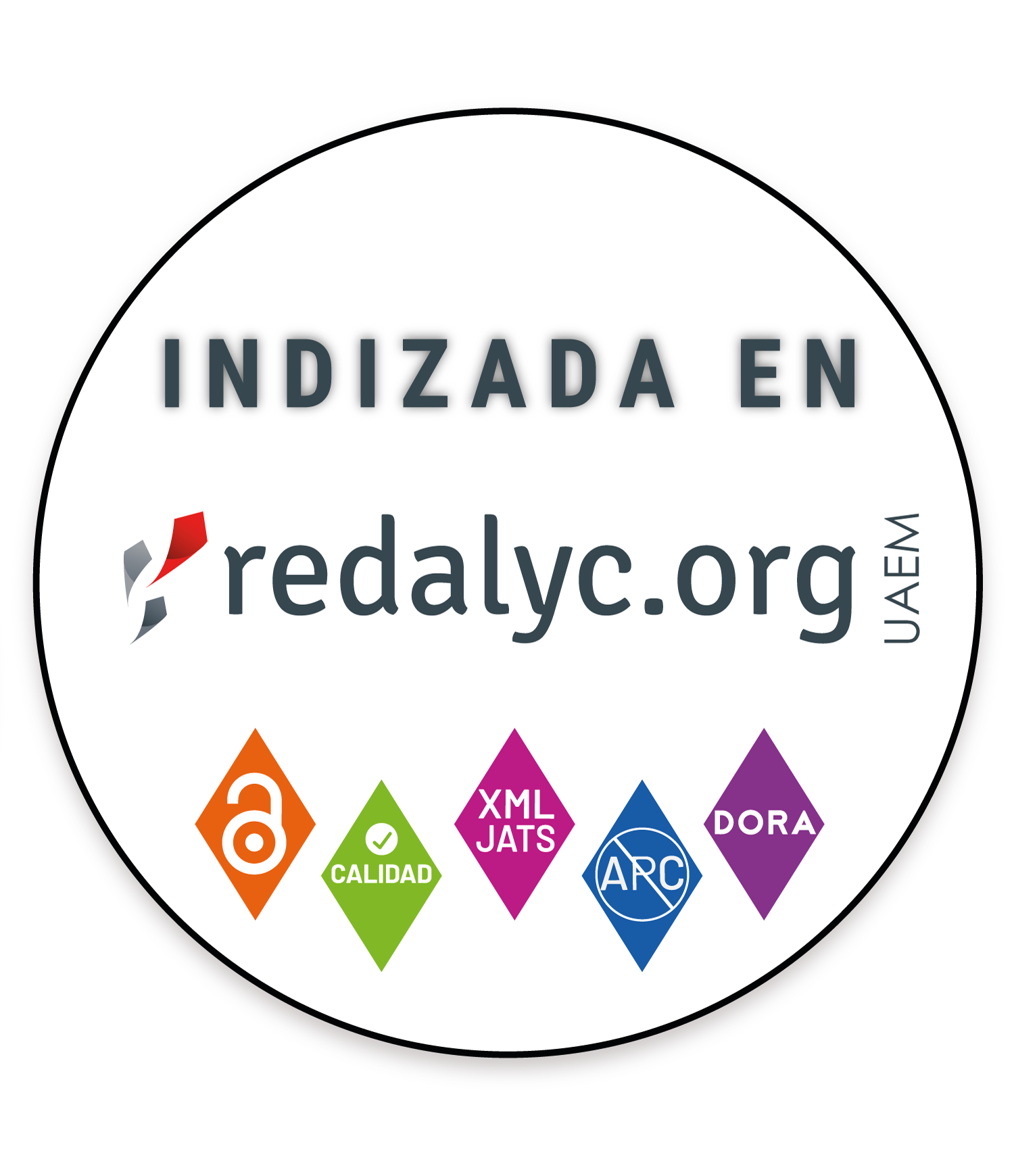RELACIONES ENTRE LA ARGUMENTACIÓN Y EL RAZONAMIENTO ABDUCTIVO EN EL MARCO DE LA METACOGNICIÓN: UNA REVISIÓN SISTEMÁTICA (2010-2020)
Se realiza una revisión sistemática de la literatura en didáctica de las ciencias entre los años 2010 y 2020 que incorpora la argumentación y el razonamiento abductivo en el marco de procesos metacognitivos. La búsqueda se hace en las bases de datos Web of Science y Scopus. En conjunto, los resultados revelan las relaciones entre metacognición y argumentación han sido ampliamente estudiadas, mientras que los referidos a la metacognición y la abducción son apenas incipientes, en ambos casos se enmarca en situaciones de aprendizaje a través de asuntos sociocientíficos. Se identifica una tendencia a realizar estudios de este tipo en profesores en formación y ejercicio, señalando la necesidad de investigación en esta área que es de gran relevancia en la educación científica.
Adúriz-Bravo, A. & Pinillos, K. (2019) 15th International History, Philosophy and Science Teaching Conference IHPST.
Tesalonik, Greece http://ihpst2019.eled.auth.gr ISBN: 978-618-5271-79-4
Adúriz-Bravo, A. (2015). Modos de racionalidad en la historia de la ciencia para la enseñanza de las ciencias. (P. GrapíVilumara, & M. R. Massa Esteve, Edits.) Actes de la XIII Jornada sobre la Història de la Ciència i l’Ensenyament. Barcelona, SCHCT- IEC, 9-15.
Aguayo, P. (2011). La teoría de la abducción de Peirce: lógica, metodología e instinto. Ideas y valores (145), 33-53.
Cadavid, V., & Tamayo, O. E. (2013). Metacognición en la enseñanza y aprendizaje de conceptos en química orgánica. IX Congreso Internacional sobre investigación en didáctica de las ciencias, (págs. 546-550). Girona.
Driver, R.A., Newton, P. & Osborne, J.F. (2000). Establishing the norms of scientific argument in classrooms. Science Education, 84 (3), 287–312.
Erduran, S. y Jiménez-Aleixandre, M. (eds.). (2007). Argumentation in Science education: Perspectives from classroombased research. New York: Springer
Flavell, J. H. (1979). Metacognition and cognitive monitoring: A new area of cognitive- developmental inquiry. American psychologist, 34, 906-911.
Giere, R. (1991). Understanding scientific reasoning. New York: Holt, Rinehart & Winston.
Georghiades, P. (2004). From the general to the situated: Three decades of metacognition. Research report. International Journal of Science Education, 26, 365–383.
Gaeta, R. (2008) Consideraciones acerca del argumento del no milagro, en R. de Andrade Martins, C. Celestino Silva, J.
Mesquita Hidalgo Ferreira y Lilian Al-Chueyr Pereira Martins. Filosofia e História da Ciência no Cone Sul: Seleção de
Trabalhos do 5º Encontro, 391-398. Campinas: Associação de Filosofia e História da Ciência do Cone Sul (AFHIC)
Jiménez-Aleixandre, M.P. & Erduran, S. (2008). Argumentation in science education: An overview. In Erduran, S. & JiménezAleixandre, M.P. (Eds.) Argumentation in science education: Perspectives from classroom-based research (pp. 3–27). Dordrecht: Springer
Lemke, J. (1997). Aprender a hablar ciencia. Barcelona: Paidós. (Ed. orig. en inglés de 1993).
Mercier, H. & Sperber, D. (2011). Why do humans reason? Arguments for an argumentative theory. Behavioral and Brain Sciences 34(2): 57–74.
Mirza, Noeman; Akhtar-Danesh, Noori; Noesgaard, Charlotte; Martin, Lynn; and Byrne, Carolyn (2017) "Transforming Problem-Based Learning through Abductive Reasoning," Quality Advancement in Nursing Education - Avancées en formation infirmière: Vol. 3: Iss. 2, Article 2. DOI: https://doi.org/10.17483/2368-6669.1121
Rapanta, C. (2018). Informal Logic, Vol. 38, No. 2,pp. 293-311
Revel Chion, A. F., Meinardi, E., & Adúriz-Bravo, A. (2014). La argumentación científica escolar: contribución a la
comprensión de un modelo complejo de salud y enfermedad. Ciência & Educação (Bauru), 20(4), 987-1001.
Revel, A., & Adúriz-Bravo, A. (2014). La argumentación científica escolar. Contribuciones a una alfabetización de calidad. Journal of Engineering and Technology, 52-61.
Sampson, V.D. & Clark, D.B. (2008). Assessment of the ways students generate arguments in science education: Current perspectives and recommendations for future directions. Science Education, 92 (3), 447–472.
Sánchez-Castaño, J. A., Castaño-Mejía, O. Y. & Tamayo-Álzate, O. E. (2015). La argumentación metacognitiva en el aula de ciencias. Revista Latinoamericana de Ciencias Sociales, Niñez y Juventud, 13 (2), pp. 1153-1168.
Stadler, F. (Ed.) (2004). Induction and deduction in the sciences. Dordrecht: Kluwer.
Tamayo-Alzate, O. E. (2006). La Metacognición en los modelos para la enseñanza y el aprendizaje de las ciencias. Los
bordes de la pedagogía: del modelo a la ruptura. Bogotá, D. C.: Universidad Pedagógica Nacional.
Tamayo-Alzate, O. E. (2013). La argumentación como constituyente del pensamiento crítico en niños. Hallazgos, 9, (17), pp. 211-233.
Thomas, G. P. (2012). Metacognition in Science Education: Past, Present and Future Considerations. In B. J. Fraser, K. Tobin & C. McRobbie (eds.) Second International Handbook of Science Education, (pp. 131-144). New York: Springer.
Tindale, C.W. (1999). Acts of arguing: A rhetorical model of argument. Albany: State University of New York Press.
Zhou, W. (2004). The Role of Metacognition in Abduction: A Goal Theoretical Perspective. Matter and Mind Proceedings of Cognitio 2004 (págs. 131-139). Québec: Benoit Hardy-Vallée.
Zohar, A. (2006). El pensamiento de orden superior en las clases de ciencias: objetivos, medios y resultados de
investigación. Enseñanza de las Ciencias, 24(2), 157 -172.Usar norma APA (6t.a Edición 2010). Va a 12 puntos,
interlineado en 1,0 y justificado. Con espaciado anterior y posterior de 6 puntos y sangría a 1 cm
APA
ACM
ACS
ABNT
Chicago
Harvard
IEEE
MLA
Turabian
Vancouver
Descargar cita
Visitas
Descargas
Licencia

Esta obra está bajo una licencia internacional Creative Commons Atribución-NoComercial 4.0.
Todo el trabajo debe ser original e inédito. La presentación de un artículo para publicación implica que el autor ha dado su consentimiento para que el artículo se reproduzca en cualquier momento y en cualquier forma que la revista Tecné, Episteme y Didaxis: TED considere apropiada. Los artículos son responsabilidad exclusiva de los autores y no necesariamente representan la opinión de la revista, ni de su editor. La recepción de un artículo no implicará ningún compromiso de la revista Tecné, Episteme y Didaxis: TED para su publicación. Sin embargo, de ser aceptado los autores cederán sus derechos patrimoniales a la Universidad Pedagógica Nacional para los fines pertinentes de reproducción, edición, distribución, exhibición y comunicación en Colombia y fuera de este país por medios impresos, electrónicos, CD ROM, Internet o cualquier otro medio conocido o por conocer. Los asuntos legales que puedan surgir luego de la publicación de los materiales en la revista son responsabilidad total de los autores. Cualquier artículo de esta revista se puede usar y citar siempre que se haga referencia a él correctamente.

